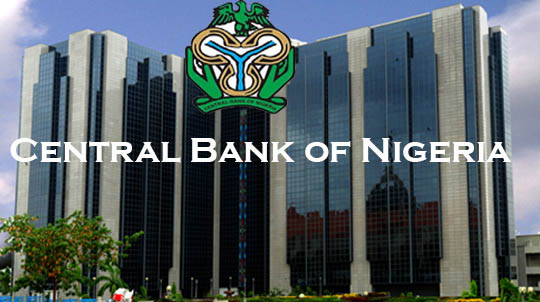Currency held outside Nigeria’s banking system dropped for the second time in 2025, slipping to N4.57 trillion in April from N4.60 trillion in March, according to new data from the Central Bank of Nigeria (CBN). This decline follows the apex bank’s decision in May to keep its benchmark interest rate unchanged at 27.5 percent.
Although the April figure marks a significant 26.8 percent rise year-on-year from N3.61 trillion in April 2024, the month-on-month dip of N26.4 billion signals a re-emergence of the downward trend seen earlier in the year. It reflects a shift in how cash is managed in Nigeria, likely driven by tighter monetary policy and growing use of digital financial tools.
The current decline follows a seasonal high of N5.13 trillion in December 2024, as cash in circulation surged during the festive period. That peak was followed by a drop to N4.74 trillion in January and a sharper fall to N4.52 trillion in February, the steepest drop so far this year. In March, cash outside the banks briefly rose to N4.60 trillion before falling again in April, showing that the March increase was temporary.
From December 2024 to April 2025, the total amount of currency outside banks has dropped by N555 billion, or 10.8 percent. This suggests that the CBN’s liquidity management measures are gaining traction, particularly in curbing excess cash circulating in the informal economy.
Despite the downward monthly trend, currency outside banks still dominates the overall currency landscape. In April 2025, total currency in circulation was N5.01 trillion, with N4.57 trillion—91.1 percent—held outside banks. This is a slight improvement from March’s 91.9 percent and a marginal dip from April 2024’s similar rate, despite higher cash volumes overall.
While these changes may appear small, they point to a subtle but important shift in financial behavior. More Nigerians are either moving their money into banks or turning to non-cash alternatives like mobile money, point-of-sale terminals, or electronic transfers. This gradual change aligns with the CBN’s goal of expanding digital financial inclusion.
As physical cash use slows, especially outside the formal banking system, inflationary pressures may ease, giving the central bank more room to hold its interest rate steady without further tightening. Reduced cash circulation also reflects growing public sensitivity to interest rate conditions and the higher costs tied to cash-based transactions.
Still, the challenges are far from over. Over 91 percent of Nigeria’s currency remains outside banks—one of the highest rates globally. This continues to limit the effectiveness of monetary policy, hampers efforts to track fiscal activity, and poses obstacles in the fight against corruption.










